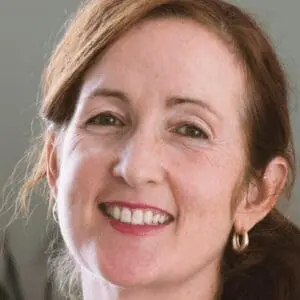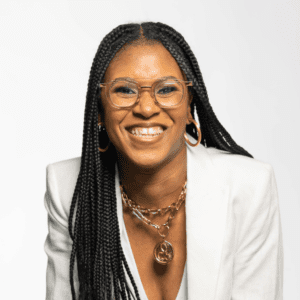EDITOR’S NOTE: This interview streamed live on May 12, 2022. Some offers and links may no longer be available.
In recent years, the therapy world has undergone a shift in how they think about meeting the needs of communities of color: more practitioners are more eager to do the work of decolonizing mental health for Black clients; and provide treatment that truly heals them.
But what does it mean to provide healing work in the face of systemic oppression? Is it possible to address the challenges of Black clients if we remain solely in the dyadic space of our offices? And are we finally ready to address the history of systemic oppression that’s even at times been maintained by our profession?
Watch this video of Shawna Murray-Browne in conversation with Psychotherapy Networker senior writer Lauren Dockett about the decolonization of mental health, ways to bridge racial barriers in and outside of the therapy room, and the work every therapist must do to better serve their Black clients.
Also, read the article that Shawna wrote that explores decolonization deeper.
Lauren Dockett
Lauren Dockett, MS, is the senior writer at Psychotherapy Networker. A longtime journalist, journalism lecturer, and book and magazine editor, she’s also a former caseworker taken with the complexity of mental health, who finds the ongoing evolution of the therapy field and its broadening reach an engrossing story. Prior to the Networker, she contributed to many outlets, including The Washington Post, NPR, and Salon. Her books include Facing 30, Sex Talk, and The Deepest Blue. Visit her website at laurendockett.com.
Shawna Murray-Browne
Shawna Murray-Browne, PhD, LCSW-C, is an author, cultural historian, integrative psychotherapist, and liberation-focused healer. She’s the keeper of sacred space especially for women leaders, globally, working at the intersection of social impact and embodied ancient wisdom. Featured on PBS’s Mysteries of Mental Illness, she’s one of HuffPost’s “Ten Black Female Therapists You Should Know.”













